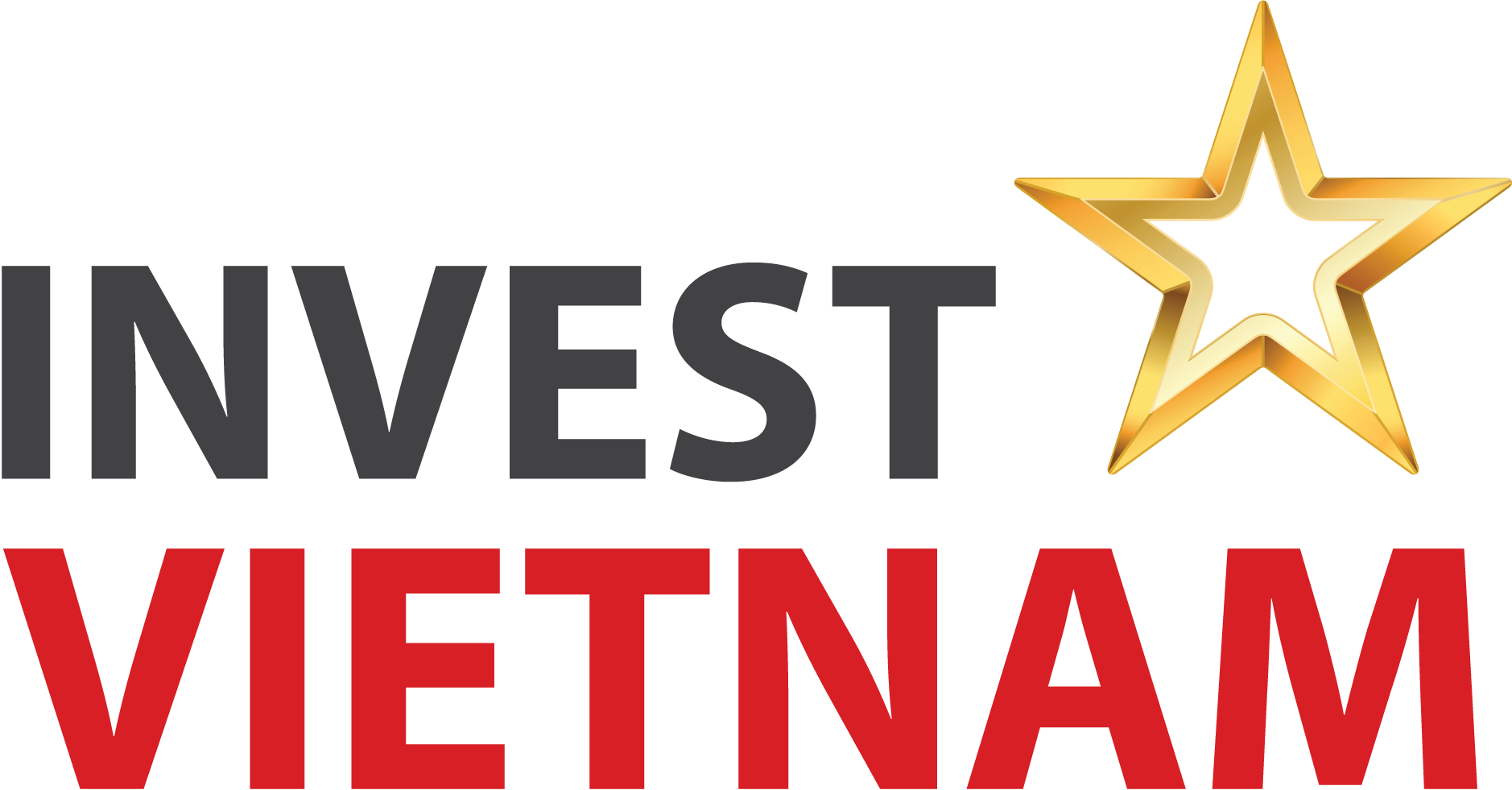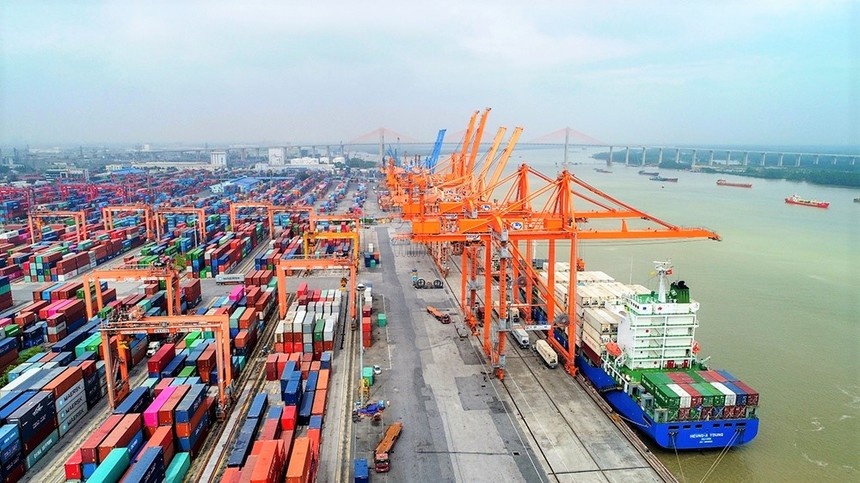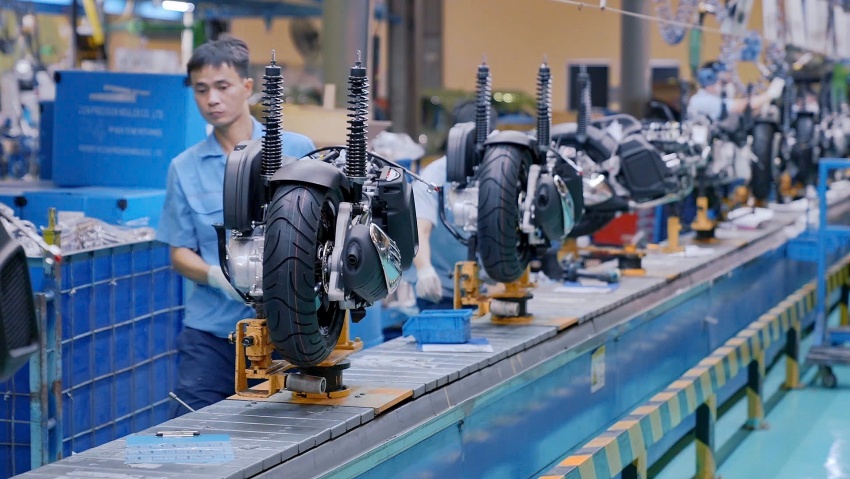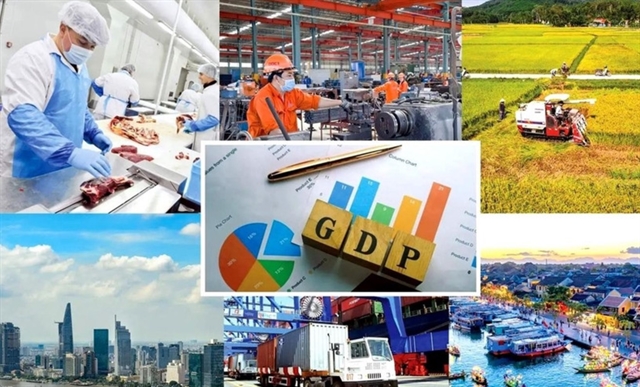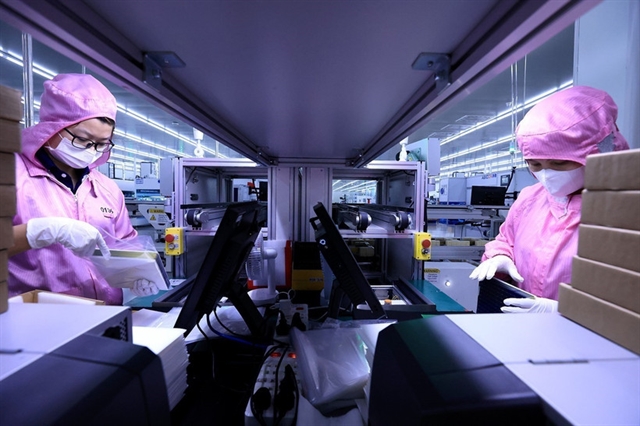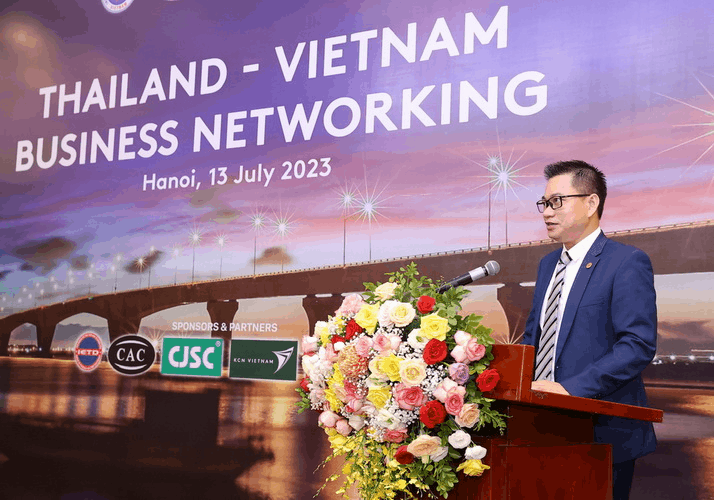Tech tie-ups advance with South Koreans
Vietnam and South Korea are heading towards a new trade target, expected to be fuelled by fresh commitments in favour of enterprises of both sides.
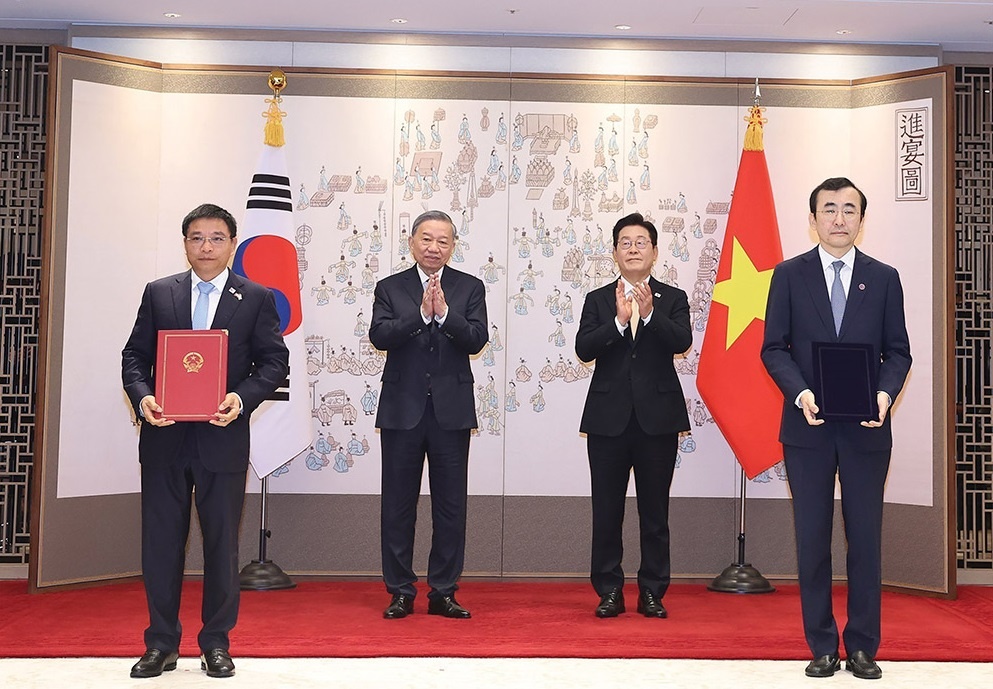
Vietnamese Party General Secretary To Lam and a high-level delegation last week paid a state visit to South Korea. During the trip, Lam and South Korean President Lee Jae Myung witnessed the exchange of 10 cooperation documents between relevant authorities, covering areas such as defence, security, economy, trade, labour, and culture.
“The two countries have agreed to complete a bilateral trade goal of $150 billion by 2030 in a balance and sustainable manner,” stated a joint statement released after bilateral talks between the Vietnamese Party chief and the South Korean president.
The Vietnam-South Korea trade turnover in the first seven months of this year reached $50 billion, up from $46.5 billion in the same period last year. This included $16.3 billion worth of Vietnamese exports, up 11.8 per cent on-year; and $33.7 billion of South Korean exports, up 5.3 per cent as compared to the corresponding period last year.
Last year, both countries’ total trade turnover reached $81.7 billion. In which Vietnam’s exports to South Korea came in at $25.5 billion, holding 6.28 per cent of the former’s total export turnover. Meanwhile, Vietnam’s imports from South Korea hit $56 billion, responsible for 14.76 per cent of Vietnam’s total import value.
To facilitate goods flows into their respective markets, the two countries have agreed to soon implement the mutual recognition agreement on authorised economic operator signed last December; and also to support Vietnamese enterprises to partake deeper into South Korean firms’ global supply chains.
Vietnam and South Korea have also agreed to encourage South Korean enterprises to invest in new projects and expand their existing investments in Vietnam. Priority will be given to key sectors such as the development of specialised industrial zones based on high technology, the digital industry, infrastructure development, renewable energy, smart cities, and global value chains.
“The South Korean side emphasised that creating a favourable investment environment is essential for the sustainable expansion of trade and investment,” read the statement.
Also last week, South Korea proposed that Vietnam support its companies in participating in infrastructure projects within the country. In response, the Vietnamese side asserted its continued commitment to fostering an open, transparent, and stable investment climate to facilitate long-term and sustainable investment by foreign enterprises, including those from South Korea.
Figures released last week by the Ministry of Finance’s Foreign Investment Agency showed that cumulatively as of late July, South Korea was the biggest foreign investor in Vietnam, with more than 10,250 valid projects registered at nearly $94.9 billion. In the January-July period, total newly registered and newly added capital and stake acquisition and capital contributions from South Korean investors in Vietnam hit $3.9 billion, up 131 per cent on-year.
Both sides have also agreed to support Vietnamese businesses investing in South Korea and to make full use of existing cooperation mechanisms. They also agreed to explore new initiatives, such as establishing a digital cooperation system to promote trade and investment activities between the two countries.
“The South Korean side expressed a desire for capable South Korean companies to participate in strategic infrastructure projects in Vietnam, such as nuclear power, renewable energy, electricity grids, and high-speed railways,” said the statement. “The Vietnamese side took note of this interest, and both parties agreed to continue discussions on this issue.”
One of the key outcomes of this visit is that the two countries have identified science, technology, innovation, and digital transformation as key pillars of bilateral cooperation and agreed to strengthen collaboration in these areas.
To achieve this goal, both sides agreed to operate existing cooperation mechanisms effectively, such as the Ministerial-level Joint Committee on Science and Technology, and to explore opportunities for expanding cooperation and policy exchanges.
They have also agreed to cooperate on joint research, training, and human resource exchanges in strategic technology sectors of mutual interest, such as AI, semiconductors, biotechnology, materials science, and energy. Additionally, they have also committed to enhancing the capacity and role of the Vietnam-Korea Institute of Science and Technology, which is a focal point for bilateral cooperation in sci-tech.
Moreover, Vietnam and South Korea have also agreed to enhance collaboration in areas such as gas-fired power generation, fuel conversion in coal-fired power plants, energy transition, and the co-firing of hydrogen and green ammonia in thermal power plants. They also agreed to expand the electricity grid and develop smart grid systems.
Both sides have also committed to exploring opportunities for government-business cooperation in the use of critical minerals and to intensifying efforts to attract investment aimed at building critical mineral supply chains.
Currently, about 10,000 South Korean businesses are operating in the country, generating over 900,000 jobs.
Bui Thanh Son, deputy Prime Minister Minister of Foreign Affairs
"Economic, trade, and investment cooperation has always been one of the key pillars of the bilateral relationship, serving as a primary driving force behind the comprehensive development of both Vietnam and South Korea. For Vietnam, South Korea is currently one of its most important investment partners. The presence of major South Korean global groups in Vietnam is vivid evidence of the strategic trust that their businesses place in our investment environment and development prospects.
Additionally, cooperation in supply chain recovery has been identified by both countries as a strategic priority in their bilateral ties. Amid a global economic landscape marked by numerous uncertainties - such as geopolitical tensions, the rise of protectionist trade policies, and tariff-related risks from several major partners - it is more essential than ever for both countries to work closely together to ensure the sustainability and resilience of supply chains, leveraging the complementary nature of their two economies.
In this spirit, Vietnam is committed to supporting South Korean enterprises in developing diversified and high-value supply chains. At the same time, it encourages Vietnamese businesses to participate more deeply and move up the value chain within the global supply networks of South Korean businesses.
We stand ready to create better conditions for foreign investors to continue investing in a stable and long-term manner, as well as to explore new opportunities and pursue shared development.
In recent years, we have implemented a series of major and transformative policies and measures aimed at streamlining and restructuring the political apparatus, prioritising development of sci-tech and innovation, reforming administrative procedures and the legal system, and boosting private sector growth.
These efforts have created new development opportunities for the country and simultaneously ushered in unprecedented opportunities and new advantages for foreign investors - particularly South Korean ones, who already have a strong track record and successful foundations in Vietnam.
I firmly believe that, with the strong political will of the high-level leadership of both countries, combined with the dynamism and creativity of our business communities, Vietnam and South Korea will continue to be reliable development partners. Together, we will build on the successes of our investment cooperation, making even greater contributions to the recovery and sustainable development in the region and the wider world."
By Thanh Dat
Source: VIR
Original link